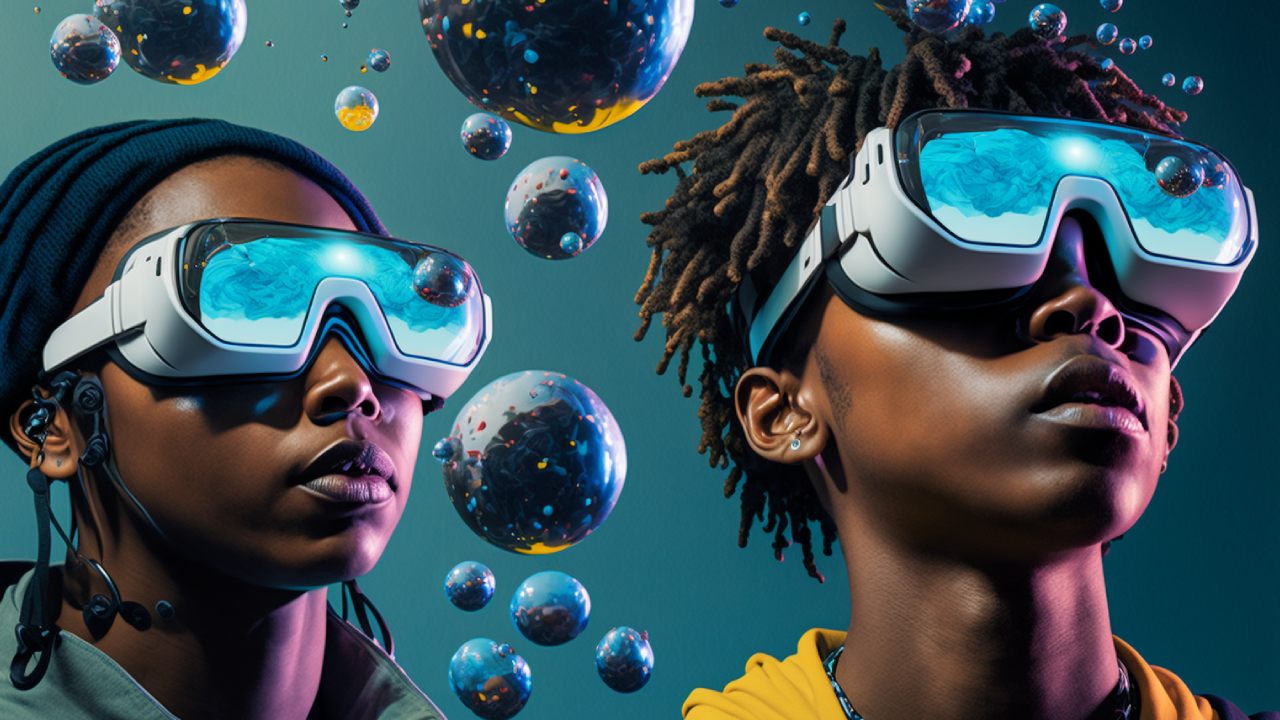The virtual reality (VR) industry is heating up, with record-breaking sales and a growing user base. The latest VR reports from the Wall Street Journal indicate that the Meta Quest platform had 6.37 million active monthly users around October 2022, and Beat Saber generated $255 million in lifetime sales by the same month. These figures provide insights into the growth of the VR industry and what it means for the future of VR education.
VR has enormous potential to transform education, providing immersive experiences that engage students and enhance their learning outcomes. VR headsets and software are becoming more accessible and affordable, with Meta’s Quest platform leading the way. The platform has sold nearly 20 million Quest headsets, which are powerful and portable, making them ideal for classroom use.
One of the most popular VR games on the Quest platform is Beat Saber, which is widely considered one of the best VR games of all time. The game has a steady stream of DLC music packs for popular artists, and a PSVR 2 port is also in the works. The game’s eye-catching revenue figures of $255 million reflect the growing popularity of VR among consumers and the potential of VR to provide engaging and interactive learning experiences.
Meta’s VR roadmap presentation, revealed by The Verge’s Alex Heath, also confirmed that the company sold nearly 20 million Quest headsets, almost matching Xbox Series X|S sales estimates from December 2022. These figures indicate that VR is becoming a mainstream technology, with more and more people adopting it for gaming and other applications.
The VR market is set to undergo significant changes in the coming years, with the launch of new hardware and software platforms. PSVR 2 is progressing past its soft launch, and Apple is rumored to be preparing to announce a headset after years of speculation. These developments will create new opportunities for education and other industries, providing innovative solutions for training and simulation.
The growth of the VR industry is good news for education, as it opens up new possibilities for immersive and interactive learning. VR technology can provide simulations of complex concepts and environments, enabling students to explore and interact with them in ways that were previously impossible. For example, VR simulations can provide virtual field trips to historic sites, science labs, and other places, giving students the opportunity to explore and learn in a safe and controlled environment.

Students in VR
VR technology can also provide personalized learning experiences, adapting to the needs and preferences of individual students. VR can provide feedback and guidance in real-time, helping students to stay engaged and motivated. VR simulations can also provide a collaborative learning environment, enabling students to work together on projects and assignments.
The growth of the VR industry is creating new opportunities for educators and students, but it also presents challenges. One of the biggest challenges is ensuring that VR technology is accessible and equitable, so that all students have access to the same opportunities. Another challenge is developing effective VR educational content and ensuring that it aligns with curriculum standards.
To address these challenges, educators need to work closely with developers and vendors to ensure that VR technology is designed with education in mind. This requires collaboration and communication between educators and developers, so that VR technology can be used effectively in the classroom. It also requires investment in VR hardware and software, as well as training and support for teachers and students.
In conclusion, the growth of the VR industry is creating new opportunities for education, providing innovative solutions for immersive and interactive learning. With the launch of new hardware and software platforms, VR is becoming a mainstream technology, with more and more people adopting it for gaming and other applications. However, educators need to work closely with developers and vendors to ensure that VR technology is accessible and equitable, and that it aligns with curriculum standards. With careful planning and investment, VR has the potential to transform education and provide students with engaging and effective learning experiences. At Axon Park, this is our mission and purpose, to bring education into the next generation and to partner with passionate and talented educators and creators to make it a reality.



